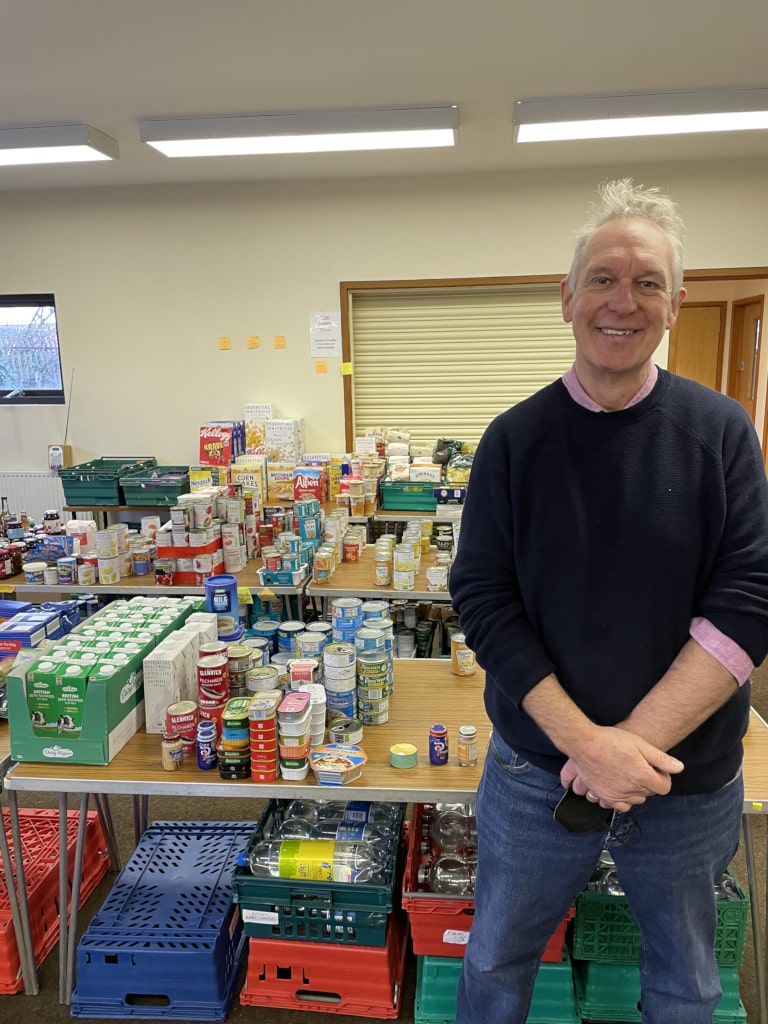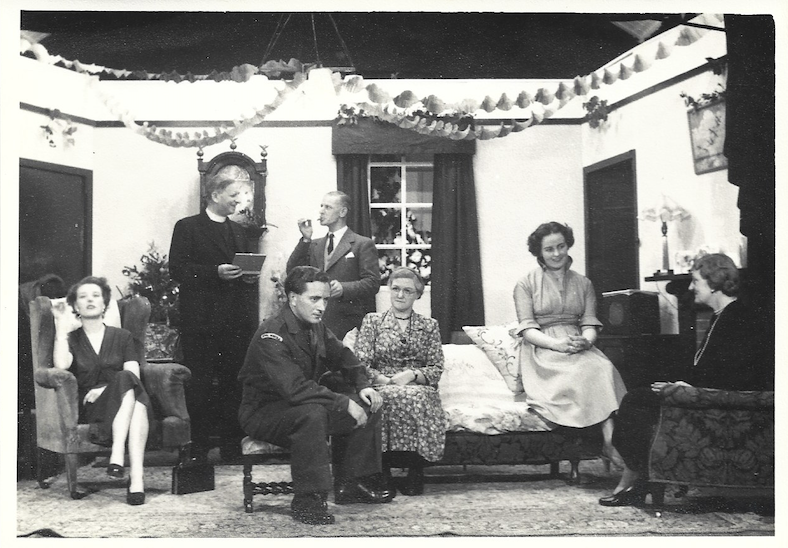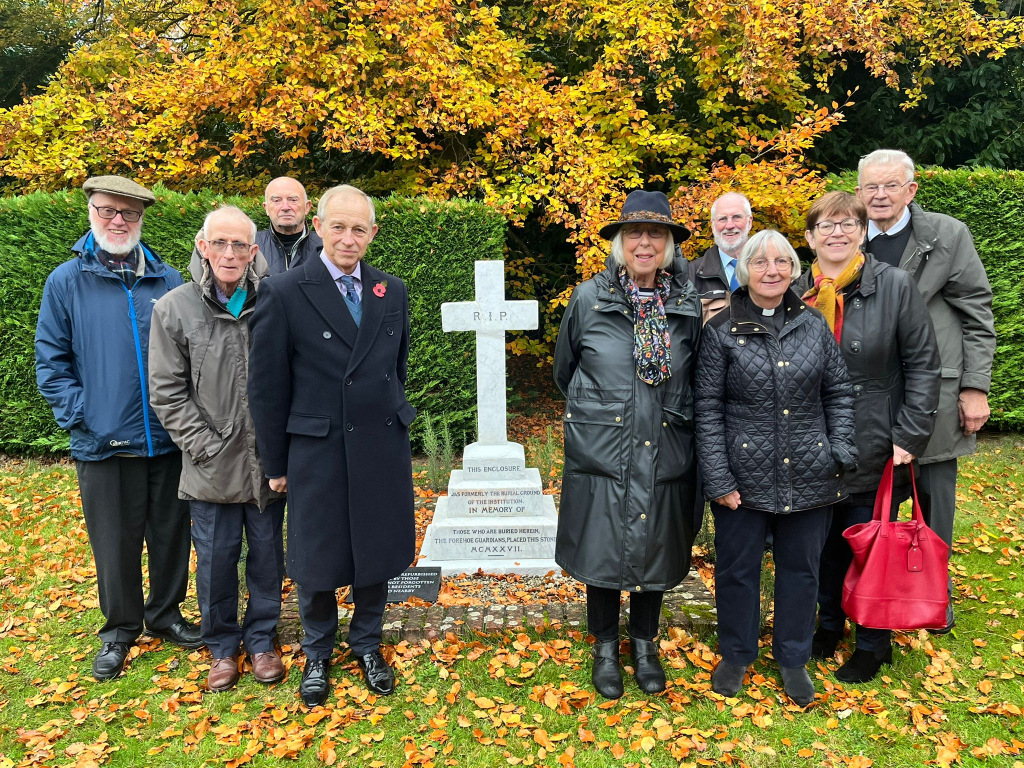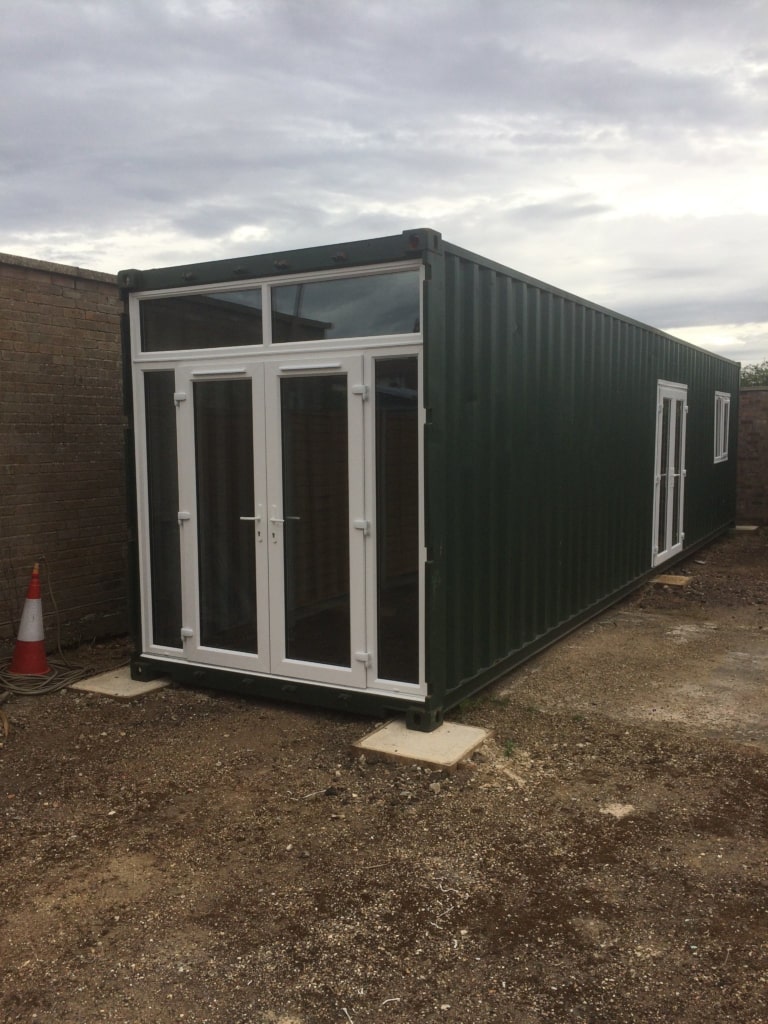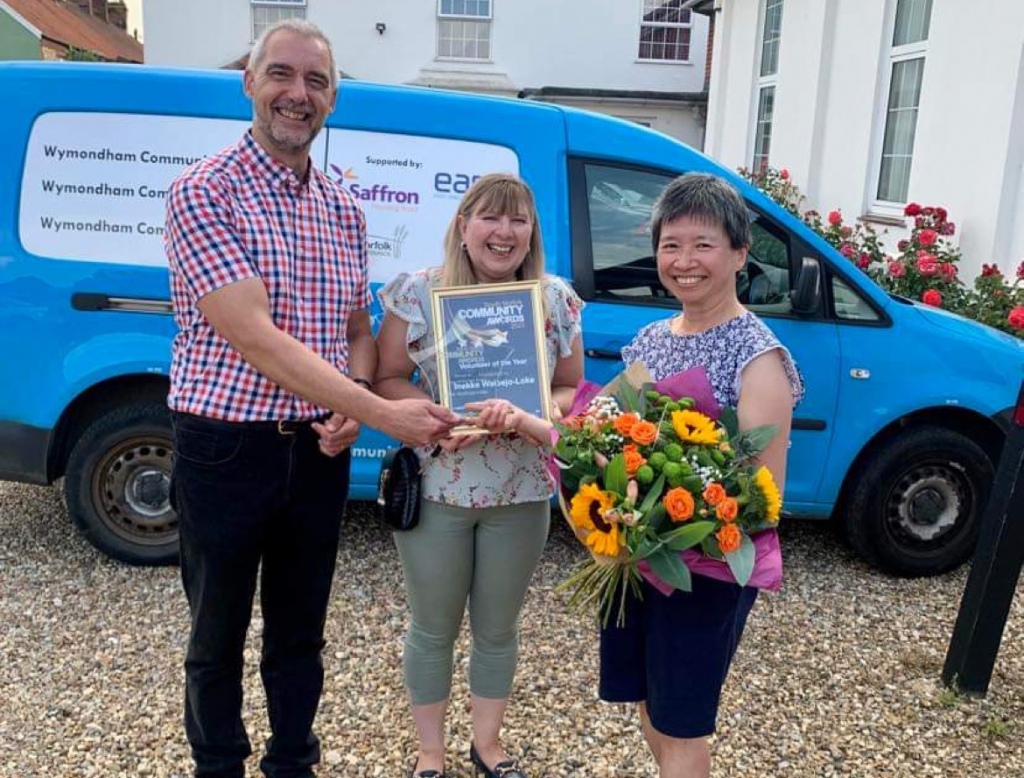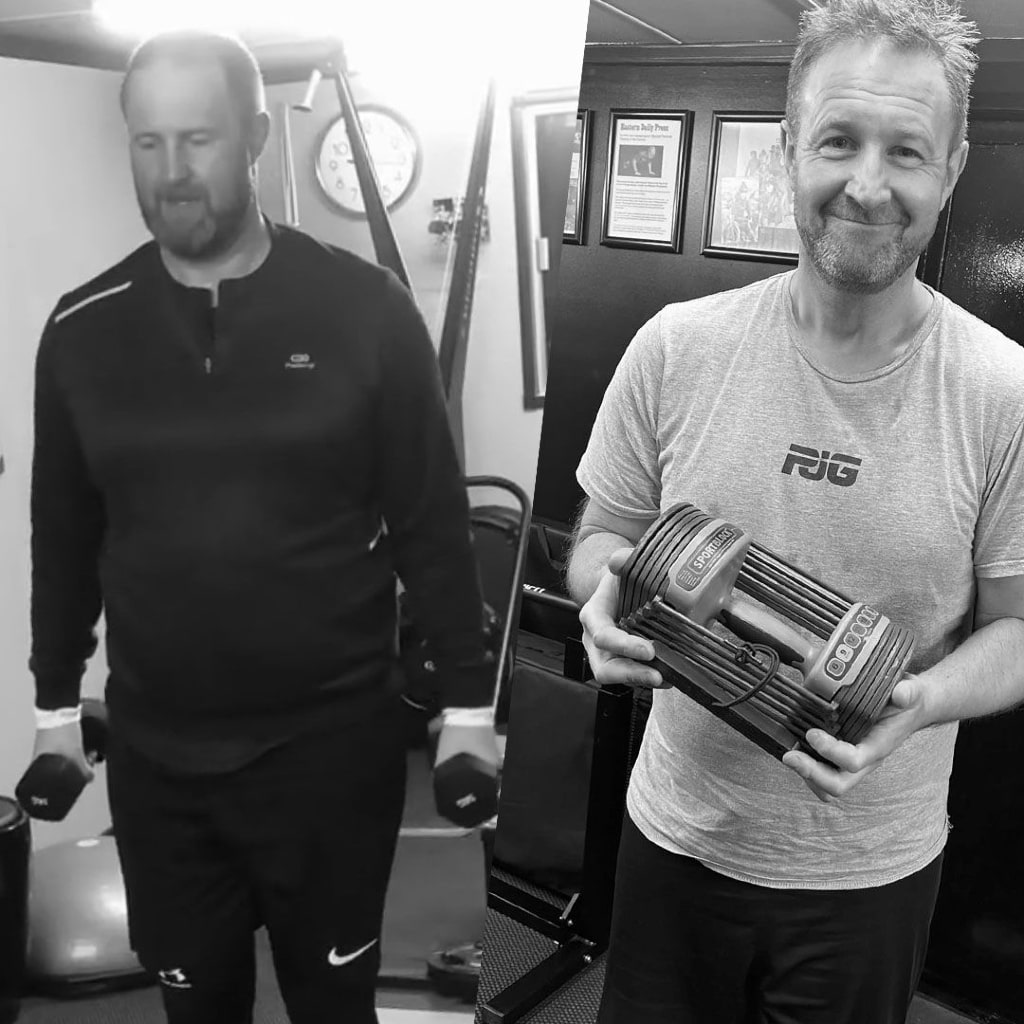Wymondham Community Outreach Project runs Tuesdays and Saturdays from 11am-1pm at the RC Church on Norwich Road. It started in 2018 as a community kitchen, ensuring food which would otherwise be wasted was enjoyed by those in need. The project has evolved considerably since then and now regularly supports around 70 local households per week. We sat down with the Coordinator, Arnie McConnell, to find out more.
Is this solely a food bank?
It’s more like a one stop shop for people in crisis. We have clothes, household items, toiletries, toys, gas & electric vouchers, bus vouchers and even a fridge. We often work with ex-offenders who often have absolutely nothing when released. If they are lucky enough to be allocated social housing they go into a shell, so in the past we’ve helped with a cooker, bed and basic furniture to set them up so they can restart their lives.
We once had someone come in wearing shorts, flip flops and a T-shirt. It was snowing. He had been released in what he was wearing at the time he was arrested and had nowhere to go. So we had to get him clothes immediately. Nothing surprises me anymore. If you start to exercise a degree of empathy… what are you going to do if you have got nothing and no one to turn to?
Who is involved here?
We are a fully inclusive organisation, some people are here because of their faith. I’m a member of the Catholic Church where we are based, as are some of the other volunteers. Some are members of other churches and many key volunteers are of no faith. They come here because of their values and wanting to make a contribution to society. It’s a fantastic meeting point for people who want to serve the marginalised, vulnerable and overlooked people who are struggling.
We couldn’t do it without Fr. Pat Cleary, Fr. Denis Gallagher, our amazing team of volunteers and our wonderful band of donors and supporters.
How does it work?
We try to help people immediately and directly instead of sending them off to other places. If they don’t have clothes for their youngsters, for whatever reason, we help them with that. If they don’t have any food in their house, we get them some food. We can’t do everything immediately but those key things we sort straight away.
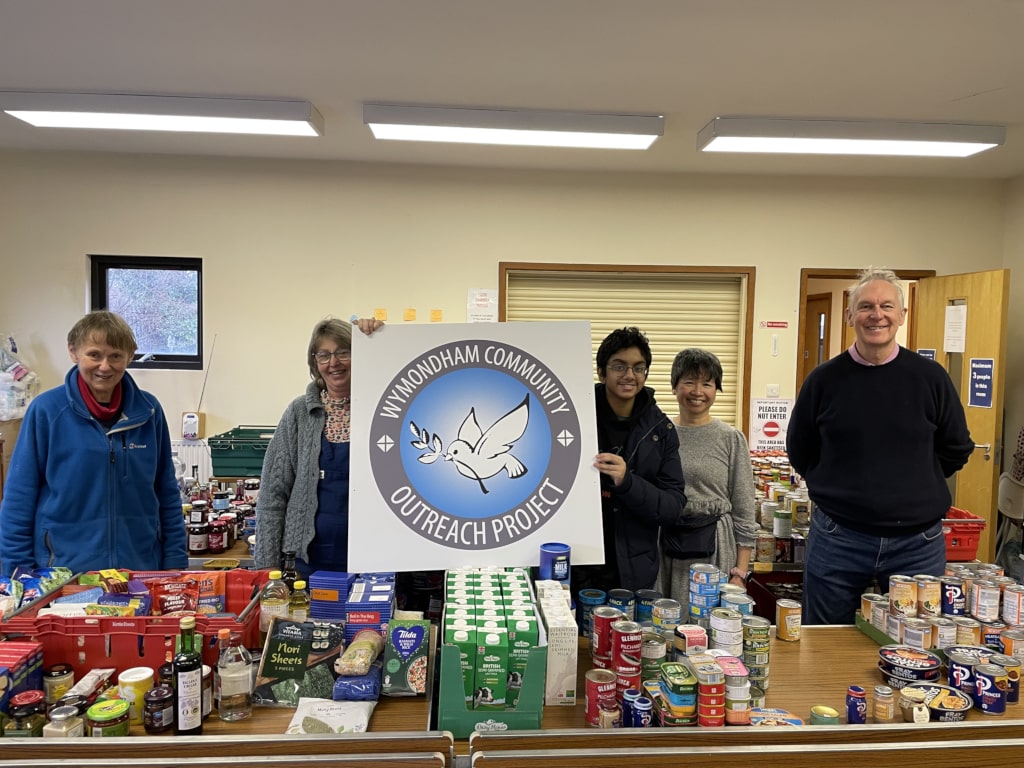
People get sanctioned for not attending their benefits interview in Norwich, but they can’t because they haven’t got any money for the bus. And then all their benefits are stopped. So we have bus vouchers to help in that situation.
The other thing that’s really striking is the instance of poor mental health. It’s sub-clinical, just under the radar, and it’s really concerning. We make sure our volunteers are mindful of that.
When a new person comes in, what is it like?
We have a conversation. I start by asking them how they are doing, what’s happening. People are very honest. There’s a spectrum of need. Someone may turn up because their benefits have been stopped, they may have a health condition and had a bad day so missed their appointment. So they’ve got no food in the house. We talk to them about how many people are in their household, are there any allergies etc. We customise their food package according to their needs. Many food banks do prepackaged parcels, but why would we give someone artichokes and kidney beans if they hate them? We make a note of anything they say regarding likes/dislikes and special requirements which speeds up the process. We invite them to come back the next Tuesday or Saturday and ask if there is anything else we can help them with. I introduce them to one or two of our volunteers and know they’ll be looked after.
What’s your background?
I’ve been a teacher and a lecturer so I’ve got that kind of pastoral background as an educator. I then became a volunteer with Citizens’ Advice and an activist for mental health in Norfolk. At Citizens Advice, I learned about how benefits worked and didn’t work. One of my jobs was handing out food bank vouchers. I’d be giving one to someone who hadn’t eaten in two days, and looking at the timetable on Tuesday, the next time the food bank would be open was on Friday. Also giving someone a voucher who, because of their state, I assumed could be a victim of domestic violence or someone in a very poor mental health situation who would inevitably lose the voucher before making it to the food bank.
So when we came here we made the decision not to work with food vouchers. People refer themselves and we put the person’s needs above the provider’s convenience.
You can see what’s going on here - we treat people kindly and without judgement. We are on their side. It’s so easy to stigmatise people and make them feel they have done something wrong and that we are begrudgingly giving them some food. We are not just feeding the stomach. We are feeding the spirit, the soul. We are trying to increase self esteem. Some of the experiences people have been through are deeply moving. The last thing they need is to be given a piece of paper and told to stand in a queue.
Are people surprised at the level of need in Wymondham?
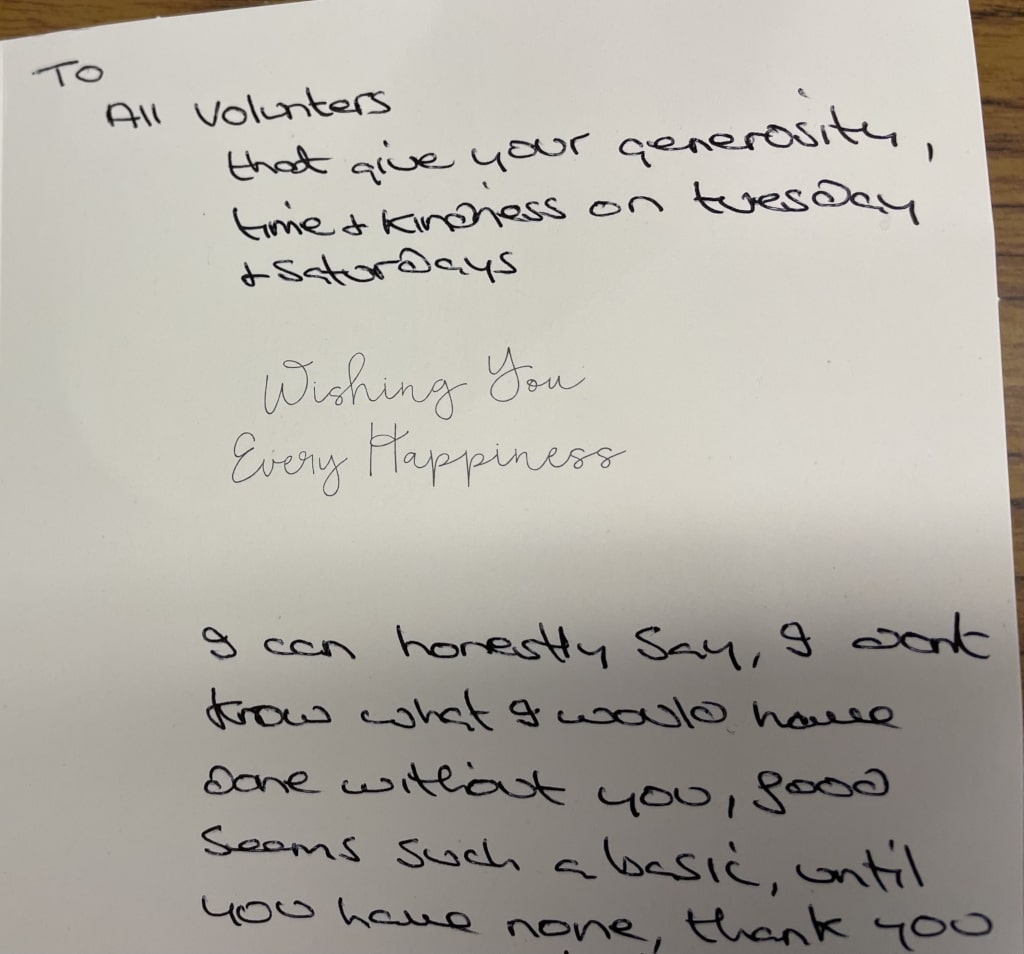
The thing about the marginalised is that they know how to go under the radar. You’re not going to meet them in restaurants, pubs, Waitrose. Often on a first visit when we hand over the food they just go to pieces, men and women. Very often it’s the first time they have received kindness. It’s also not uncommon for people to be in the car park, do a u-turn and leave, then do three passes before they actually come through the door. They are convinced that we are going to be patronising, superior and dehumanising. We ensure it isn’t like that, we smile and welcome them and guide them to the items we have to share with them.
Where do the donations come from?
I apply for grants whenever I have time. The Lions, Rotary Club, other organisations and private individuals make generous donations. A number of our volunteers have even made four figure donations which is incredibly telling to me. Many arrive for their volunteer shift every single time with two big bags of food to donate.
I lose sleep because I don’t know how many people are going to come in each day. We need to ensure no one leaves empty handed. So far, thank God, it’s worked. It’s all down to the generosity of the people in the community, three supermarkets, other charities which support us and the amazing volunteers putting in the hard hours.
Last week we had a lady who came in to make a donation who said ‘you supported me when I was down and now I want to help others’. Very often people say ‘I’ve got enough of that, leave it for someone else.’ Many of the clothes here are from people who use the food bank and have donated the clothes their children grew out of. There’s an economy of compassion; so far it works.
Some more corporate-brained government agencies have given funds before which they’ve instructed us to ring fence for a particular group. For example an amount was given for older people. When a single mother comes in with three children who haven’t eaten for two days, and they’re not eligible to receive anything from that ring-fenced fund, that’s very difficult. It doesn’t work.
The money we receive goes towards basics like stationery, buying in food and essential items and we run the van. The church provides the venue for free. Father Dennis gives his blessing. Father Pat says that what goes on in the community outreach project is just as important to the church as what goes on in mass. There’s the contemplative prayer side of faith and the social action side. Pope Francis said “Social problems must be addressed by community networks and not simply by the sum of individual good deeds”. I’ve taken a lot of inspiration from him. The church must never turn its back on the poor.
What would you say to someone who says it is better to teach a man to fish than to give them a fish?
Here’s an email I received recently which is very typical: “Hi, I am emailing for some advice. I feel quite embarrassed that I’m having to ask for help. I’ve always worked full time and managed to get by looking after my two children on my own. I’d been receiving child maintenance for a couple months which has helped pay for their food but unfortunately their dad has been sacked from his job. So I’ve now lost £350 per month for food. As I’m struggling this month I was just wondering how I would go about using the food bank for support.” I get these emails all the time.
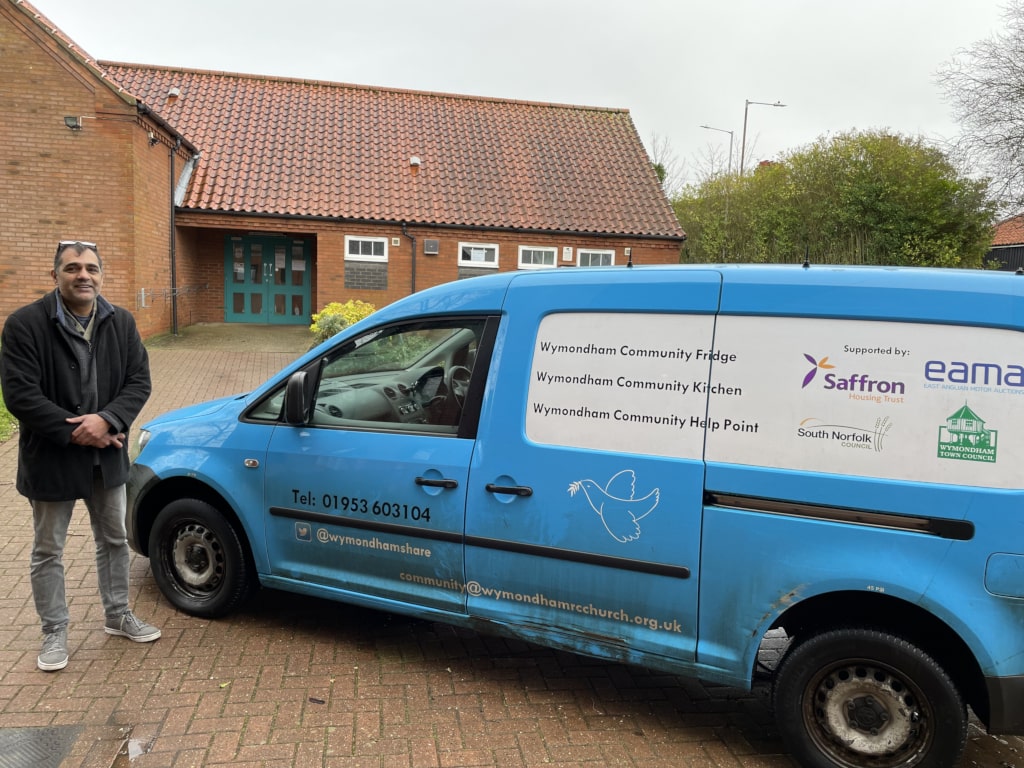
There’s a perverse school of thought that believes we are manufacturing need to somehow meet our requirements for charity within our faith. Meanwhile a person we are supporting here lived in a tent for four or five months. They had a crisis, lost their job. Of course people complained because it was unsightly. This was not on my bucket list. It was a whole series of coincidences. I didn’t think it was going to work.
I’ll tell you a little story. Here at the side of the church we have a shrine to prisoners of war in the far east. The chapel around it used to be painted all in magnolia, so the white lettering on the glass couldn’t be read. There was discussion and debate amongst parishioners, needless to say nothing was done. It was all talk. I got a couple guys from the foodbank who were ex-offenders and gave them a couple pots of paint and brushes and they sorted it in one weekend. It’s now a beautiful dark blue background with gold stars. They were so proud they brought their friends in to show them their work and have photos taken in front of it. What we did there goes back to feeding the soul, we gave them something to boost their self esteem. If you call people spongers you’re going to get nowhere. It’s a toxic mix and keeps them in the rut.
How long have you been running this?
In 2018 it started as a community kitchen which I set up. We were trying to reduce waste. Pope Francis spoke of how obscene it was that supermarkets were throwing away food whilst people were going hungry. In our first year we used £9,000 worth of food which would have otherwise gone into a composter.
We started from there, and increasingly people asked me whether we had any tinned food they could take home. At the time it was a drop in cafe like they have at the Baptist Church. I’d go in the back and grab a couple carrier bags full of cans for anyone who needed them.
A number of people would like to bring back the community kitchen, but we couldn’t do that without giving up the food bank. And people can’t live without the food bank.
If you are looking to donate items to the Food bank, here is an abbreviated list of items that are always in demand: Tinned meat/fish, Long life milk, Pasta, Pasta sauce, Tinned soup (especially Big Soup), Tinned rice or custard, Tinned fruit, Cereal, Non-bio Laundry detergent (Pods) and Snack bars for children.
Information on how to make a donation to the Wymondham Community Outreach project is available on the Wymondham RC Church website at http://www.wymondhamrcchurch.org.uk/finance-supporting-the-parish
You can follow the group on Facebook at https://www.facebook.com/groups/3890483517738438/ or Twitter at https://twitter.com/wymondhamshare.




